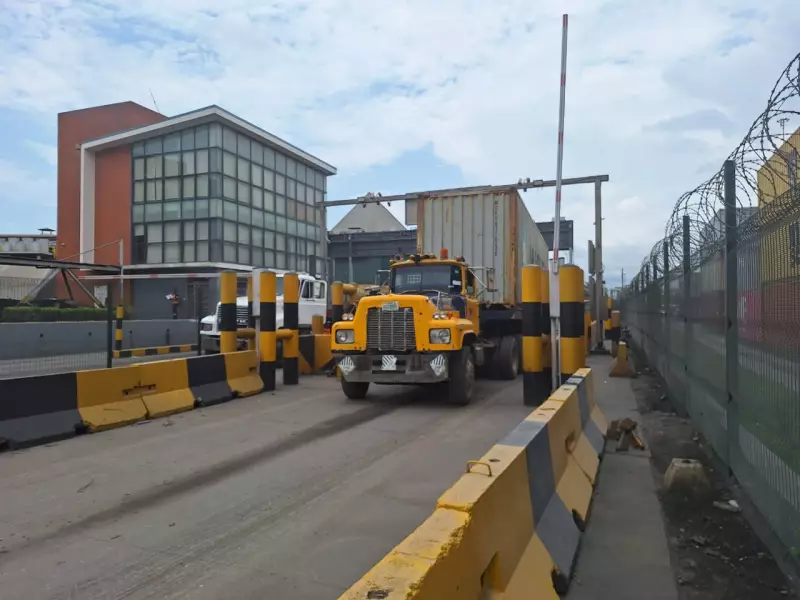
The notorious traffic gridlock that has plagued Lagos ports for decades continues to defy technological solutions, with the much-heralded E-Call Up system showing only partial success in taming the chaos. Our investigation reveals a complex web of challenges still strangling Nigeria's most vital economic gateway.
Digital Promise Meets Hard Reality
Introduced with great fanfare, the electronic call-up system was supposed to revolutionize port access management. The platform requires truckers to secure digital appointments before approaching the port vicinity. While this represents significant progress from the previous free-for-all system, implementation gaps remain glaring.
Where the System Stumbles
Multiple pain points continue to undermine the digital solution:
- Infrastructure deficits: Inadequate parking facilities force trucks to queue on access roads
- Manual interference: Reports persist of bypass methods and corruption at checkpoints
- System integration gaps: Poor coordination between various agencies creates bottlenecks
- Emergency access violations: Some vehicles exploit loopholes for priority access
The Economic Toll Mounts
The persistent congestion carries staggering costs for the Nigerian economy. Businesses face extended shipping times, increased transportation expenses, and spoilage of time-sensitive goods. The environmental impact of idling trucks adds another layer of concern for residents in surrounding communities.
Stakeholders Speak Out
Port users express frustration with the slow pace of improvement. "We've seen some progress, but it's not enough," shares a clearing agent who preferred anonymity. "The system works in theory, but practical challenges on the ground keep causing breakdowns."
Path Forward: Integrated Solutions Needed
Experts argue that technology alone cannot solve the gridlock. A multi-pronged approach is essential:
- Expanded parking infrastructure: Developing adequate holding bays for trucks awaiting clearance
- Enhanced enforcement: Strict penalties for system violations and manual interference
- 24/7 port operations: Maximizing usage of port facilities to speed up cargo movement
- Alternative transport modes: Developing rail and barge options to reduce road dependence
The journey to free-flowing port access continues, with the E-Call Up system representing an important but incomplete step toward solving Apapa's legendary traffic challenges.





